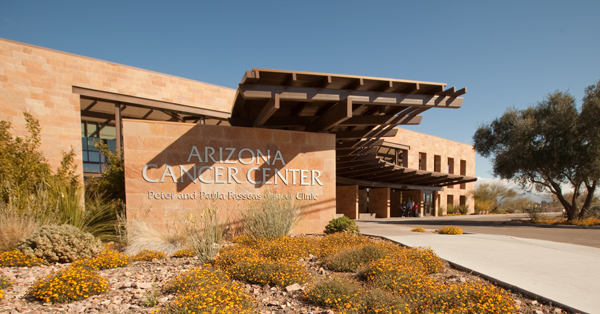
|
Tucson, AZ. Team Draft will visit the University of Arizona Cancer Center in Tucson, Arizona. Academic/Research Programs Cancer Biology; Cancer Imaging; Cancer Prevention and Control; Therapeutic Development; These research programs collaborate concerning a breadth of issues from benchtop to bedside involving transnational and clinical research with a major emphasis on discovery. Furthermore, the programs also focus on the development and delivery of novel treatments to reduce the morbidity and mortality of cancer in the Southwest and across the nation. The University of Arizona Cancer Center provides an essential forum to foster outstanding basic and clinical transnational research, interdisciplinary collaboration, education, training and internal and external peer review. The infrastructure of the research program support is established by 13 shared services to support our research, education and training mission: Analytical Core; Behavioral Measurements; Informatics/Bioinformatics; Biometry; Imaging Core; Clinical Research; Experimental Mouse; Experimental Radiation; Flow Cytometry; Genomics; Proteomics; Synthetic Chemistry & Molecular Modeling; and Tissue Acquisition, Cell and Molecular Analysis. The extensive research portfolio of The University of Arizona Cancer Center includes more than $50 million in annual research funding, including three large NCI interdisciplinary programs and collaborative research grants, and two Special Programs of Research Excellence, one in gastrointestinal cancers and one in lymphoma. Donate Now to Support the National Campaign to Change the Face of Lung Cancer! |
Awareness • Early Detection • Treatment • Research • Survivorship
